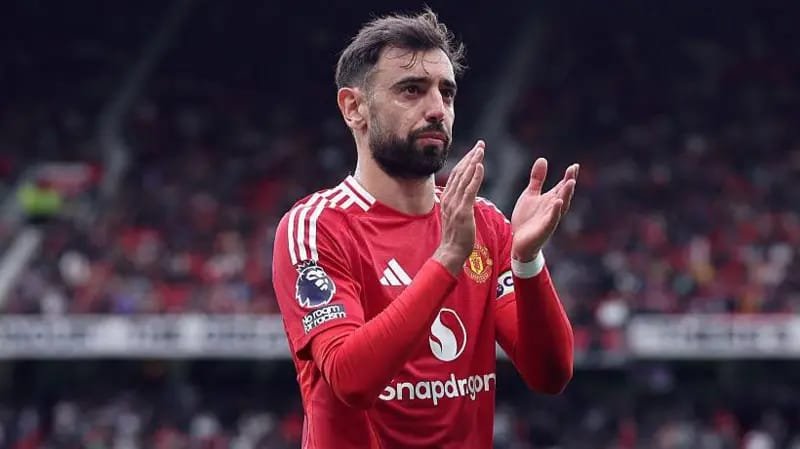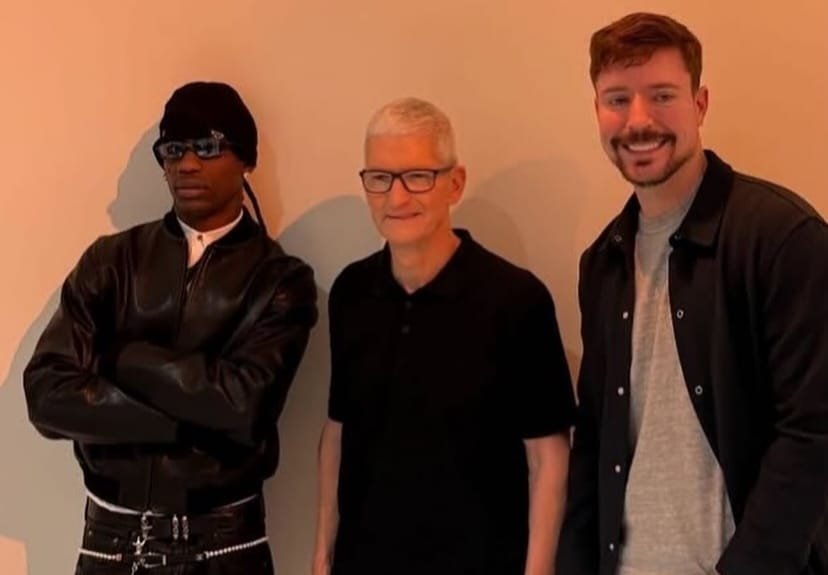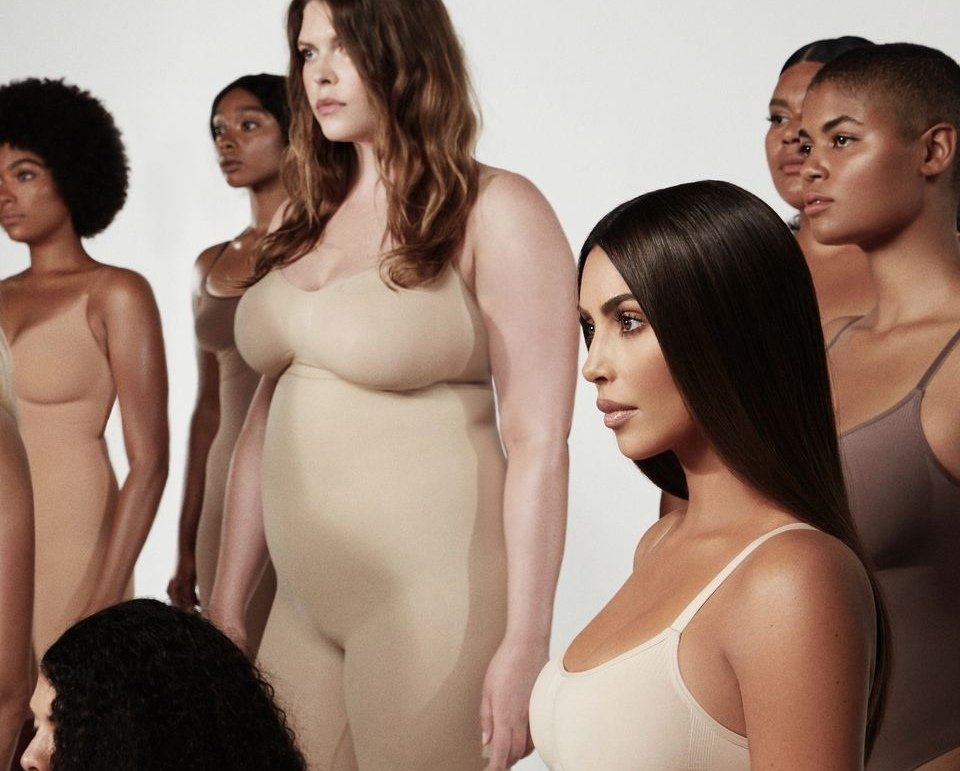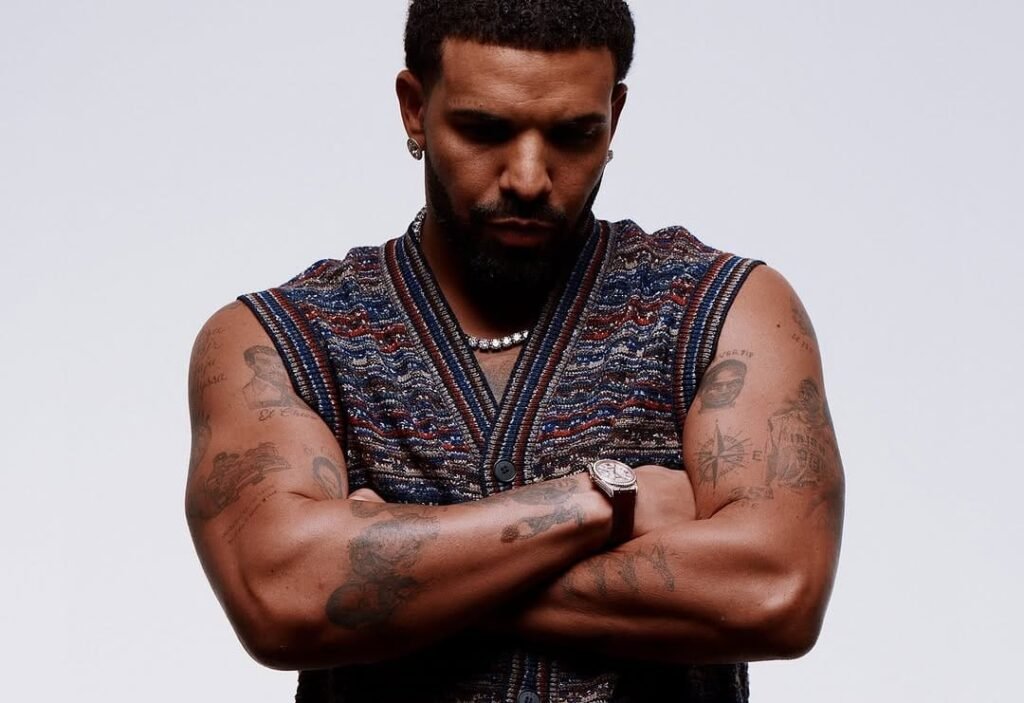
A Shocking Legal Twist in Hip-Hop’s Biggest Feud
The long-running rivalry between Drake and Kendrick Lamar has now escalated beyond the music charts and into the courtroom. In a surprising legal move, Drake has formally expanded his defamation lawsuit against Universal Music Group (UMG), claiming that the label played a direct role in orchestrating events designed to damage his career. At the center of the dispute lies Lamar’s Super Bowl 2025 halftime performance — a cultural spectacle that reignited conversations about one of the most explosive rap feuds of the decade.
Drake alleges that Kendrick’s choice to perform his viral diss track “Not Like Us” during the halftime show, even in a modified form, was part of a broader campaign by UMG to undermine his public image while amplifying Lamar’s dominance. The lawsuit now brings together themes of artistic freedom, corporate accountability, and the blurred line between entertainment and defamation.
The Super Bowl Moment That Sparked Controversy
The Super Bowl halftime show is one of the most powerful stages in the entertainment industry, with audiences numbering in the hundreds of millions worldwide. For Kendrick Lamar, it was the ultimate platform to showcase his artistry. But for Drake, it marked a turning point in an already tense feud.
During the performance, Lamar delivered a censored version of “Not Like Us” — the song that had already become an anthem of their rivalry. The live rendition removed the most controversial lyric, specifically the word “pedophile,” which was widely criticized after the track’s release. Despite this omission, Drake argues that the song’s original context and the global exposure it received during the Super Bowl still carried defamatory implications against him.
Drake’s legal team points to the fact that “Not Like Us” had already swept awards season, taking home Song of the Year and Record of the Year at the 2025 Grammy Awards. The combination of industry accolades and high-profile performances, they claim, solidified a narrative that damaged Drake’s reputation far beyond the confines of a rap battle.
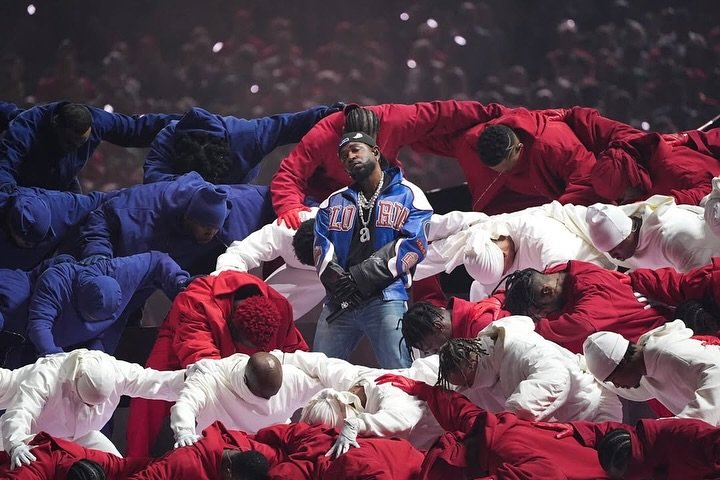
Linking Music to Real-Life Consequences
Drake’s lawsuit goes beyond reputation alone, citing real-world fallout from the track and its amplification by UMG. According to court documents, Drake claims the song contributed to:
A shooting incident outside his Toronto residence.
Multiple break-ins targeting his home.
A wave of online harassment and trolling campaigns that have impacted both his career and personal life.
By tying these events directly to Lamar’s track and UMG’s alleged involvement in promoting it, Drake is framing the lawsuit as a case not just of defamation, but of negligence and corporate manipulation.
Universal Music Group’s Strong Response
UMG, however, has wasted no time dismissing the allegations. In a statement, the company described Drake’s lawsuit as “entirely without merit.” Executives argue that the lawsuit is less about legal validity and more about frustration over losing a very public rap feud.
From UMG’s perspective, Kendrick’s artistry — including “Not Like Us” — falls within the bounds of creative expression and artistic freedom. The company maintains that it did not orchestrate the Super Bowl performance or the Grammy wins to intentionally harm Drake, but rather supported one of its most successful artists in a moment of cultural triumph.
This clash of perspectives raises a deeper question: when does artistic expression cross into defamation, and what responsibility do corporations have when they amplify such art to global audiences?
The Bigger Picture: Rap Battles, Reputation, and Accountability
Rap beefs have long been part of hip-hop culture, often fueling creativity and driving massive engagement from fans. However, the Drake vs. Kendrick saga has blurred the line between competitive lyricism and reputational harm. With billions of streams, viral social media debates, and major corporate backing, the stakes have never been higher.
Legal experts suggest that Drake’s lawsuit could set a precedent for how defamation is handled in the music industry. If the courts find that UMG bears responsibility for promoting content that allegedly defamed an artist, the decision could reshape how record labels navigate disputes between their stars. On the other hand, if the case is dismissed, it could reinforce the idea that diss tracks remain protected forms of artistic expression — no matter how personal or damaging they may be.
Cultural Repercussions of the Feud
Beyond the courtroom, the feud continues to dominate cultural conversations. Fans remain fiercely divided, with some praising Lamar for his boldness and others siding with Drake, arguing that the attacks have gone too far. Social media platforms amplify every development, with memes, reactions, and fan theories adding fuel to the fire.
The case also raises questions about the responsibility of mega-events like the Super Bowl. Should organizers vet performances more carefully when songs contain potentially defamatory content? Or does censoring lyrics, as Lamar did, provide enough protection?
What’s Next for Drake, Kendrick, and UMG?
As the lawsuit unfolds, all eyes are on how the courts will interpret the balance between freedom of expression and reputational harm. For Drake, the case represents an opportunity to reclaim control over his public narrative. For Kendrick, it underscores the cultural weight of his artistry — capable of influencing conversations far beyond music. And for UMG, it could become a defining moment in how labels navigate conflicts between two of their biggest stars.
Regardless of the outcome, this legal battle has already cemented itself as one of the most significant moments in modern hip-hop history, bridging the gap between music, law, and cultural power.

